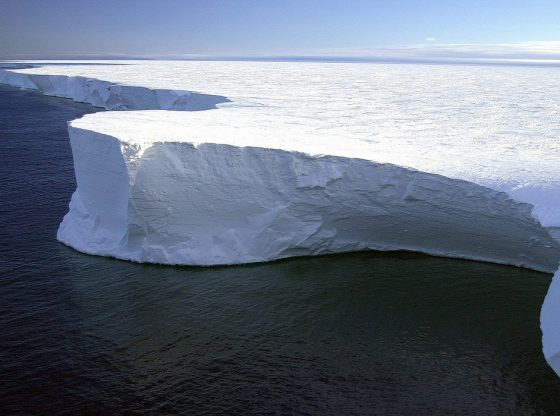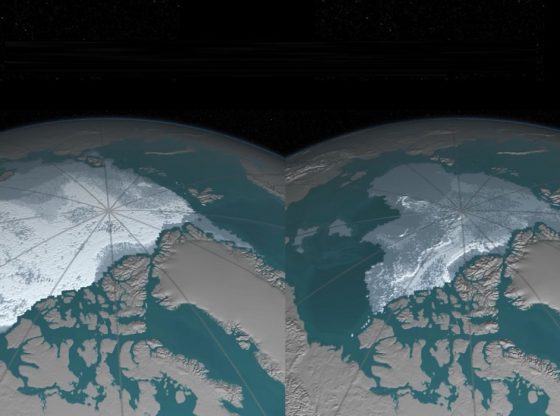New calculations show that we could expect even higher average temperatures on Earth than expected if emissions would continue to increase.
The climate scenarios show how consequential global warming can be if greenhouse gas emissions continue to increase. These scenarios are based on mathematical models that may have underestimated the rise in temperature at the end of this century.
This, according to researchers who have used existing climate models, but have taken into account real observations of solar energy and the heat radiating from the Earth.
“Our study indicates that if emissions follow a commonly used business-as-usual scenario, there is a 93 percent chance that global warming will exceed 4C by the end of this century,”
– Dr. Ken Caldeira, an atmospheric scientist at the Carnegie Institution for Science in Stanford, California.
According to the UN Climate Panel, the Earth’s average temperature may increase by 4 to 5 degrees to 2100 in a scenario with a continued emission increase.
But the new calculations from researchers based at the Carnegie Institution for Science in Stanford, show that you may need to add half a degree extra.
The researchers focused on comparing model projections and observations of the spatial and seasonal patterns of how energy flows from Earth to space. Interestingly, the models that best simulate the recent past of these energy exchanges between the planet and its surroundings tend to project greater-than-average warming in the future.
“Our results suggest that it doesn’t make sense to dismiss the most-severe global warming projections based on the fact that climate models are imperfect in their simulation of the current climate,”
“On the contrary, if anything, we are showing that model shortcomings can be used to dismiss the least-severe projections.”
– Ph.D. Patrick Brown
Caldeira and Patrick Brown co-authored the study, published in the journal Nature.
Reference:
Patrick T. Brown & Ken Caldeira. Greater future global warming inferred from Earth’s recent energy budget. Nature December 6, 2017. DOI: 10.1038 / nature24672












![OpenAI. (2025). ChatGPT [Large language model]. https://chatgpt.com](https://www.illustratedcuriosity.com/files/media/55136/b1b0b614-5b72-486c-901d-ff244549d67a-350x260.webp)
![OpenAI. (2025). ChatGPT [Large language model]. https://chatgpt.com](https://www.illustratedcuriosity.com/files/media/55124/79bc18fa-f616-4951-856f-cc724ad5d497-350x260.webp)
![OpenAI. (2025). ChatGPT [Large language model]. https://chatgpt.com](https://www.illustratedcuriosity.com/files/media/55099/2638a982-b4de-4913-8a1c-1479df352bf3-350x260.webp)








